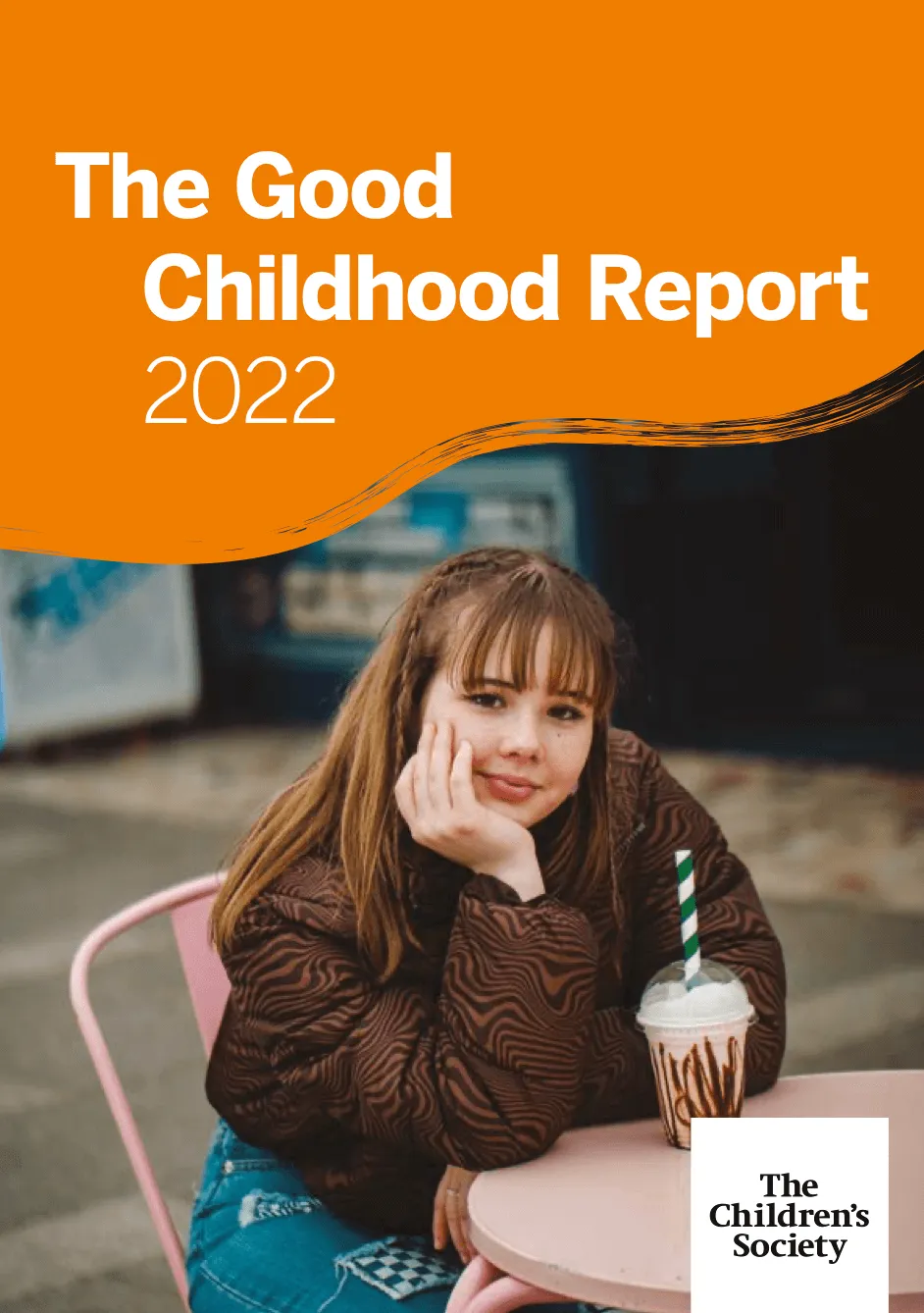
The Good Childhood Report 2022 is the eleventh annual report on the well- being of children in the UK, and marks the tenth anniversary of the series. It presents the most recent trends in children’s subjective well-being and this year looks in more detail at how children feel about school, recognising the pivotal role it plays in their lives. In recent years, there has been a decline in children’s happiness with school and the pandemic has caused significant disruption to children’s education. School is also a key focus of ongoing initiatives to both measure and improve children’s well-being.
There have been several important developments in the evidence base on children’s well-being and mental health since our 2021 report was released. The NHS Digital second follow-up study on the Mental Health of Children and Young People in England and the third Department for Education (DfE) State of the Nation report on the well-being of children and young people in England have been published.¹,² The first findings from the #BeeWell well-being survey of over 40,000 young people from across Greater Manchester – discussed further in chapter 3 of this report – have also been released.³
Furthermore, there have been important advancements in policy. These provide an opportunity to influence national and local priorities to put children’s mental health and well- being at the centre of the Government’s plans for children. The Government has committed to develop a new cross-departmental 10-year plan for mental health and well-being in England, launching a discussion paper and call for evidence in April this year.⁴ In May 2022, they announced a Schools Bill to raise education standards across the country,⁵ and launched the SEND Review – a consultation on special education needs and disabilities (SEND) and the alternative provision system in England. ⁶,⁷ They also released the Levelling Up White Paper, which presents well-being as a key outcome metric for the first time.⁸
In June 2022, echoing The Children Society’s own recommendations and work with partners at the What Works Centre for Wellbeing, The Times Education Commission recommended that well- being be placed at the heart of education and an annual survey of the well-being of children
be undertaken.⁹
The year has also seen many changes in our society. Many of the restrictions implemented during the Coronavirus (Covid-19) pandemic have now been lifted,¹⁰ but other issues continue to affect children’s lives – from the cost of living crisis to the impact of global events. Amid this unprecedented uncertainty, listening to how children feel and putting children’s voices at the centre of what we do is more important than ever.
This report presents data from a variety of sources that capture children’s own views on how their life is going (or their self-reported well-being).
It includes:
∙ an overview of the latest trends in subjective well-being in the UK, including variations
by gender
∙ a detailed analysis of children’s responses to questions about their happiness with and experiences of school
∙ an exploration of what has been achieved in three case study areas as a result of measuring well-being in schools.
¹ NHS Digital (2021).
² Department for Education (2022a).
³ https://gmbeewell.org/research/publications/
⁴ Department of Health and Social Care (2022).
⁵ UK Parliament (2022).
⁶ Department for Education (2022b).
⁷ Department for Education (2022c).
⁸ Department for Levelling Up, Housing and Communities (2022). 9 Time Education Commission (2022).
¹⁰ GOV.UK (2022).